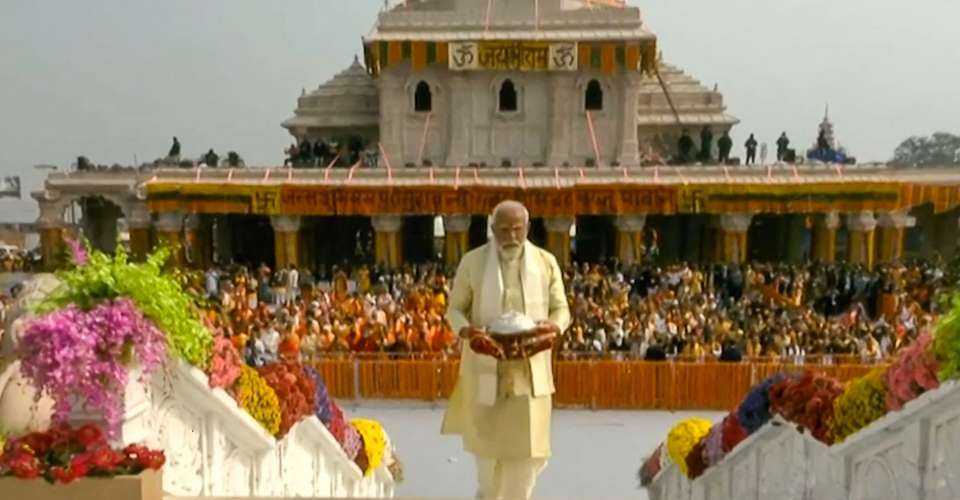
By Bijay Kumar Minj
Christian and Muslim groups in India have expressed concern over attempts to change history in favor of the ruling party’s pro-Hindu ideology by revising school textbooks.
The latest disquiet started after the Central Board of Secondary Education (CBSE), which functions under the federal education ministry, released its revised grade 12 political science book last week.
The book referred to the 16th-century Babri mosque, built by Muslim invader Babar, as “a three-domed structure.”
It was also silent about the pro-Hindu campaign that led to the mosque demolition in 1992 and the resultant Hindu-Muslim riots that killed thousands.
“History cannot be changed as per one’s whims and fancies,” noted A C Michael, national coordinator of the United Christian Forum (UCF), which tracks violence against Christians in the country.
Michael added that some crucial details are missing in the textbooks for students “who are the future of this country.”
The pro-Hindu Bharatiya Janata Party (BJP) of Prime Minister Narendra Modi campaigned throughout the country with a rath yatra (chariot tour) for building a temple at the site of the mosque in Ayodhya town, considered the birthplace of Hindu lord Ram.
The campaign was concluded when thousands of Hindu zealots demolished the ancient mosque. India’s Supreme Court allowed Hindus to build a temple there in 2019, and Modi opened the temple early this year.
The demolition witnessed large-scale violence between Hindus and Muslims, claiming more than 2,000 lives nationwide. The resulting pro-Hindu wave helped the BJP’s political growth.
The BJP saw a rise in the number of lawmakers in the Indian parliament after the demolition. However, criminal cases were filed against top BJP leaders for bringing down the mosque.
The revised textbook does not mention the rath yatra undertaken by the then-BJP leader L.K. Advani or the Hindu volunteers who demolished it.
The old textbook describes Mir Baqi, prime minister of Babur, as the one who built the mosque.
The new book says that the “three-dome structure” was built at Lord Ram’s birthplace and that it had “visible displays of Hindu symbols and relics in its interior as well as its exterior portions.”
By making “a few changes here and there, history will not change,” observed Muhammad Arif, chairman of Centre for Harmony and Peace, a charity based in Uttar Pradesh.
Arif noted that the BJP-led federal government “is trying to change history. Changing place names is part of the BJP’s agenda.”
The BJP is trying to push its agenda after it came to power, Arif said and added that India has been witnessing religious polarization since Modi came to power in 2014.
Modi came to power for the third consecutive term on June 9 after the seven-phased polls in India.
Since 2014, the education ministry has been courting controversies with changes in history textbooks.
Last October, the education ministry unanimously recommended changing the country’s name from India to “Bharat.”
source : ucanews
